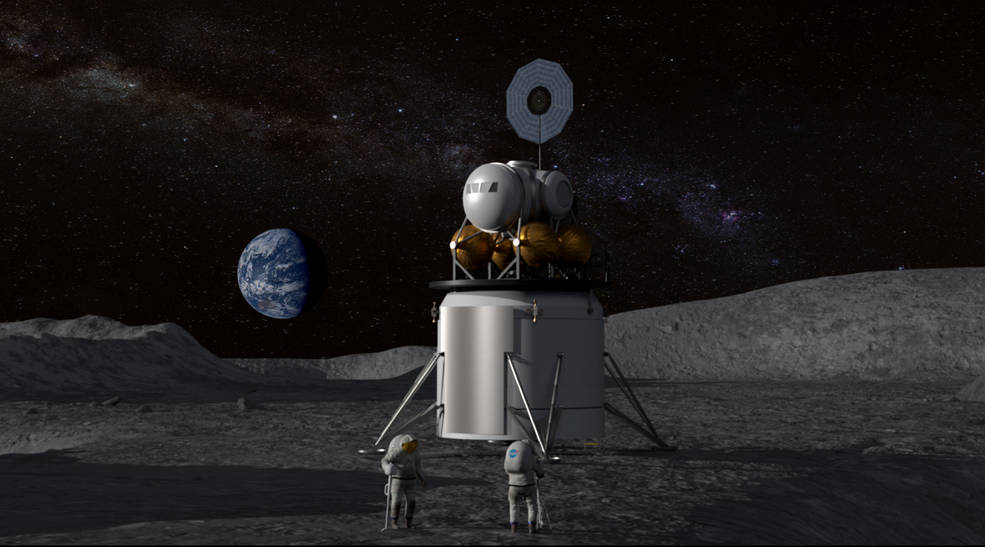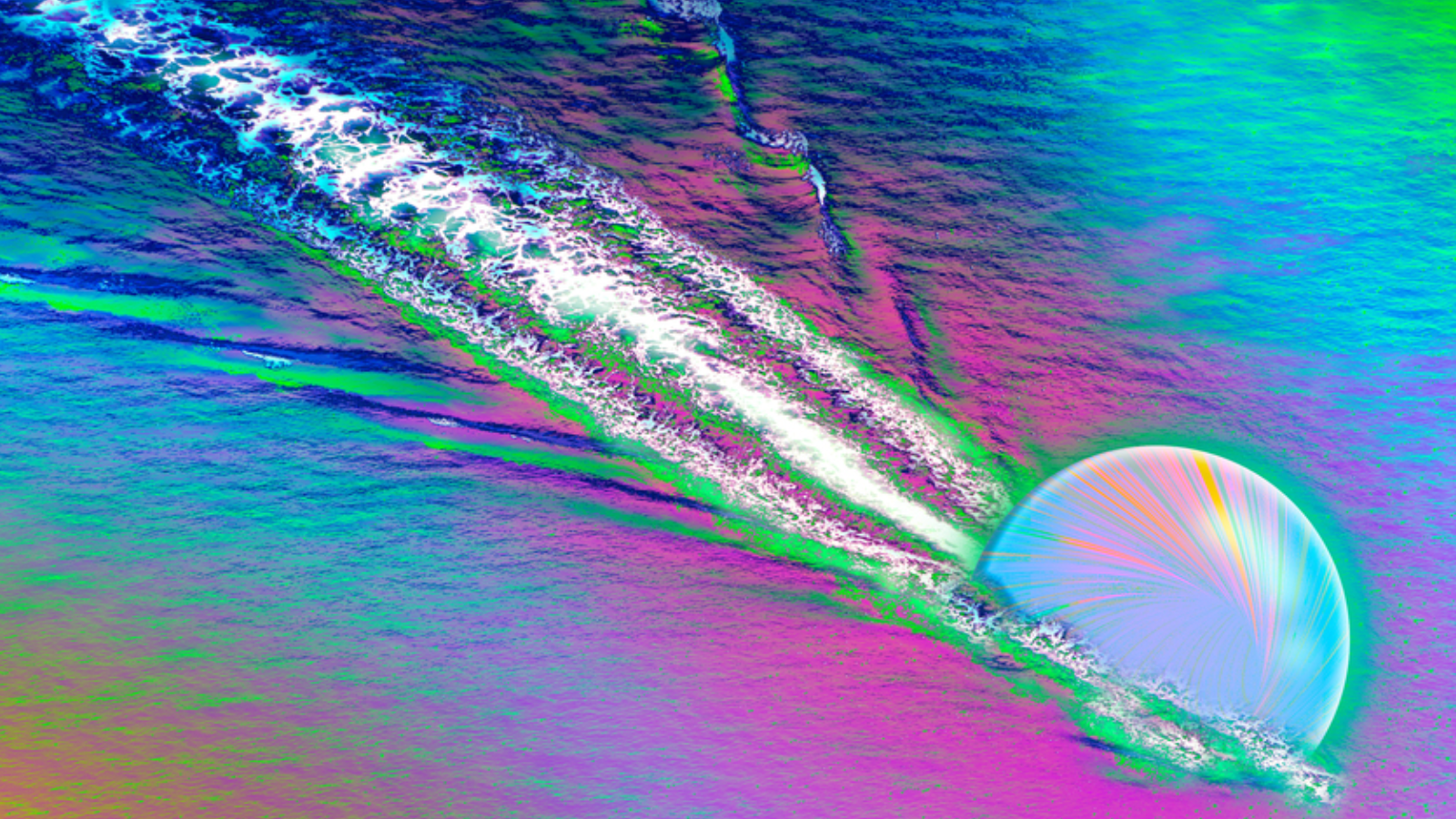NASA Calls on Students to Submit Proposals for Moon and Mars Missions
The agency is looking for real-life ideas that can be applied in space exploration.

Young minds are being called on to contribute to humanity's future space exploration, as NASA calls for proposals from students for the agency's upcoming mission to the moon.
The Revolutionary Aerospace Systems Concept - Academic Linkage (RASC-AL) competition is now open and accepting applications from undergraduate and graduate students to develop innovative concepts for NASA's Artemis program, which aims to land humans on the moon in 2024, as well as the future exploration of Mars.
"This year's RASC-AL competition directly addresses the agency's goals for the Artemis program: returning humans to the moon with the intent to prove concepts for sustainably exploring Mars," Douglas Craig, manager of strategic analysis for the Human Exploration and Operations Mission Directorate's Advanced Exploration Systems (AES) division at NASA headquarters in Washington, said in a statement.
Related: See the Moon Like the Apollo Astronauts with These Photos
The competition spans five themes for aerospace design concepts, including designing a lunar rover to explore the moon's south pole, developing a Mars mission simulation and planning a short crewed mission to the Red Planet's surface.
The deadline to submit proposals is March 5, 2020. Up to 15 finalist teams will be selected and flown to the RASC-AL forum in Cocoa Beach, Florida, in June. The final two teams will then present their design projects at a major aerospace conference.
"RASC-AL provides an ideal platform for students to do this kind of meaningful, real-world research. It provides us with different perspectives that keep us on our toes, and [it] occasionally has us rethinking our approaches for exploring the wonders of space," Patrick Troutman, human exploration strategic assessments lead at NASA's Langley Research Center, said in the statement.
Breaking space news, the latest updates on rocket launches, skywatching events and more!
"Listening to these students present their work and explain their process is always thought-provoking and helps us investigate many unique trade-space scenarios that could be ultimately be included in NASA program planning," he said.
Last year, a team from the University of Puerto Rico-Mayagüez won with a vehicle designed to explore the lunar surface.
To enter the competition, participating teams must first notify NASA, by Oct. 15, of their intent to take part by filling out an online form. Then, teams need to fill out their proposals and a video submission form by March 5, 2020.
- NASA Names New Moon-Landing Program Artemis After Apollo's Sister
- How Moon Bases and Lunar Colonies Work (Infographic)
- Bringing Pieces of Mars to Earth in 2031: How NASA and ESA Plan to Do it
Follow Passant Rabie on Twitter @passantrabie. Follow us on Twitter @Spacedotcom and on Facebook.

Passant Rabie is an award-winning journalist from Cairo, Egypt. Rabie moved to New York to pursue a master's degree in science journalism at New York University. She developed a strong passion for all things space, and guiding readers through the mysteries of the local universe. Rabie covers ongoing missions to distant planets and beyond, and breaks down recent discoveries in the world of astrophysics and the latest in ongoing space news. Prior to moving to New York, she spent years writing for independent media outlets across the Middle East and aims to produce accurate coverage of science stories within a regional context.
